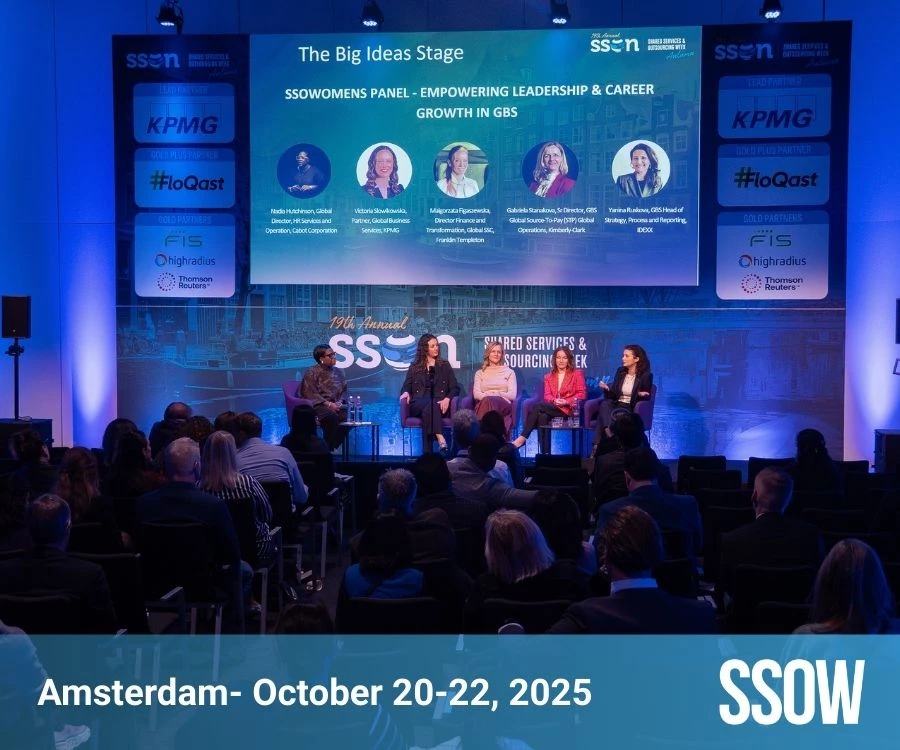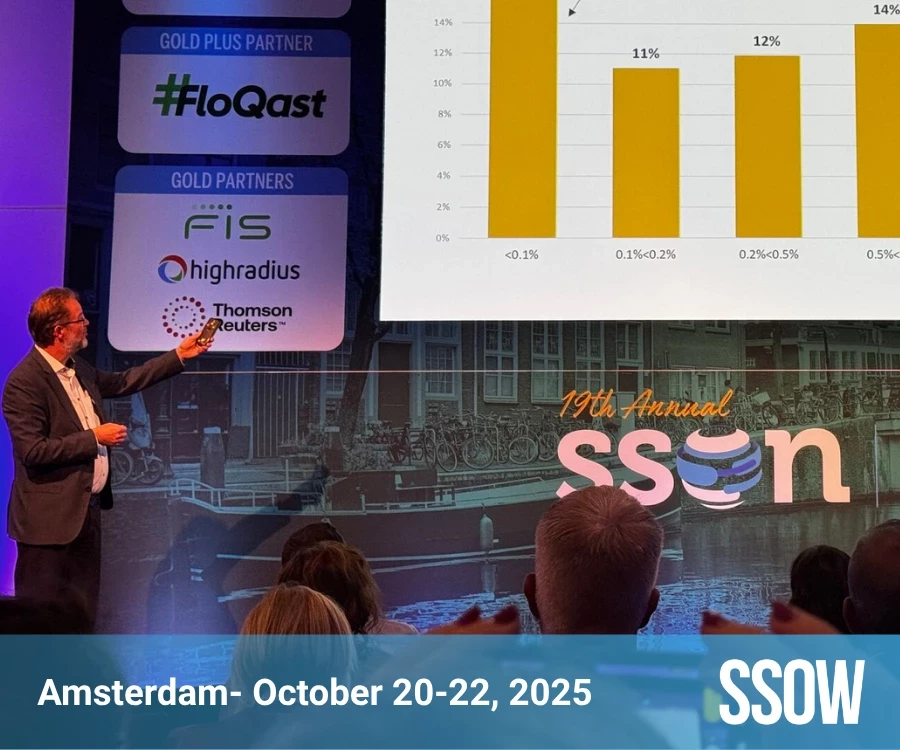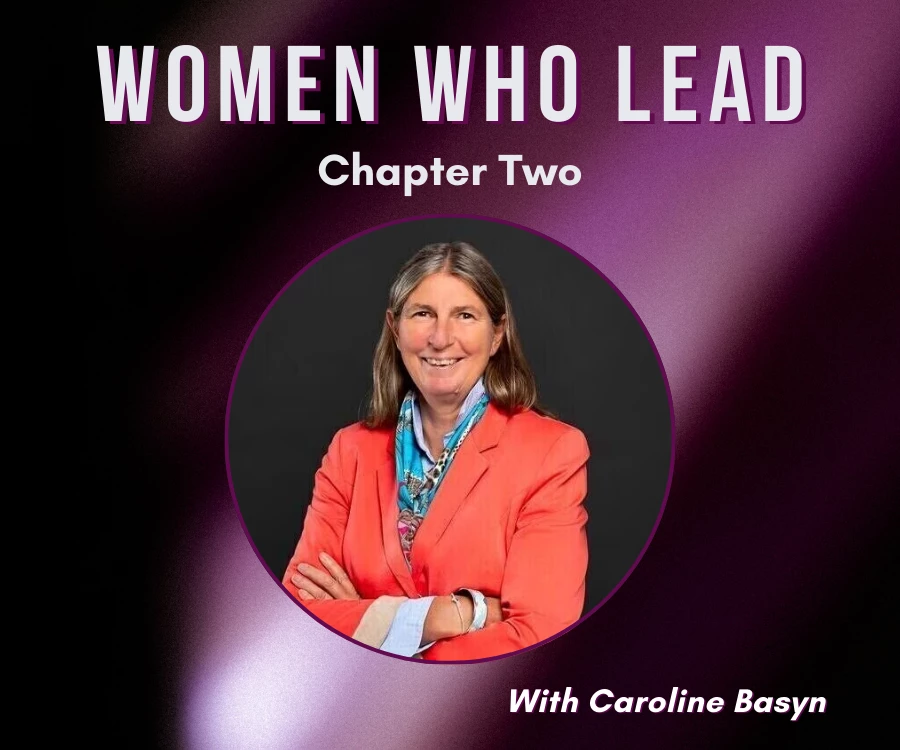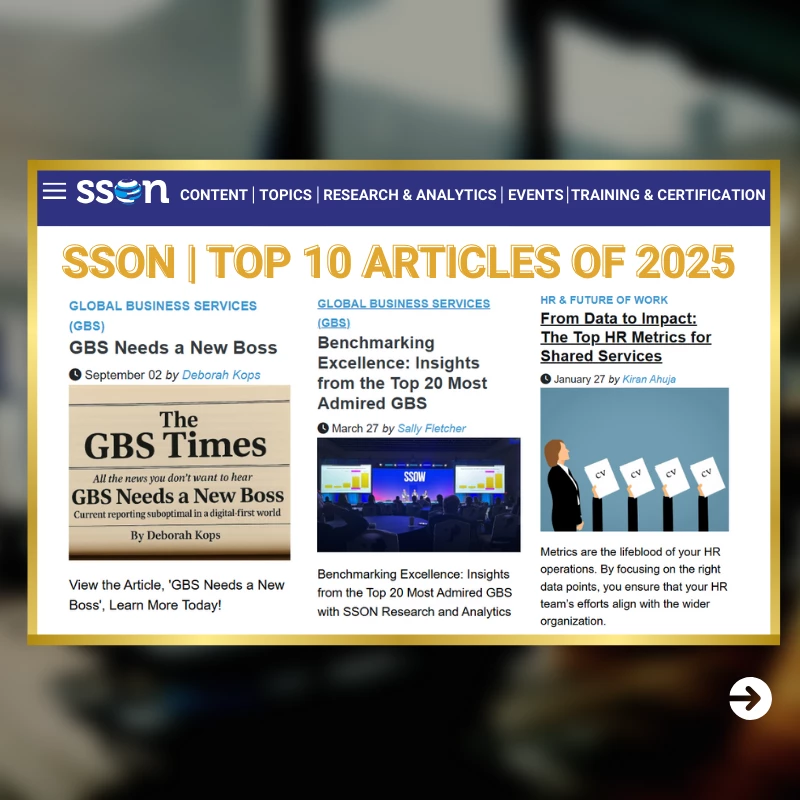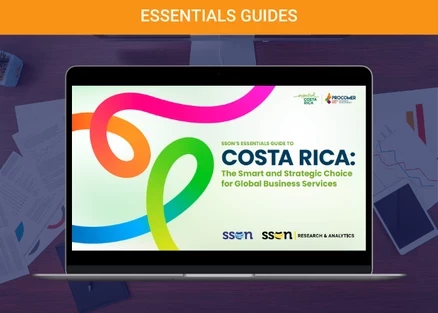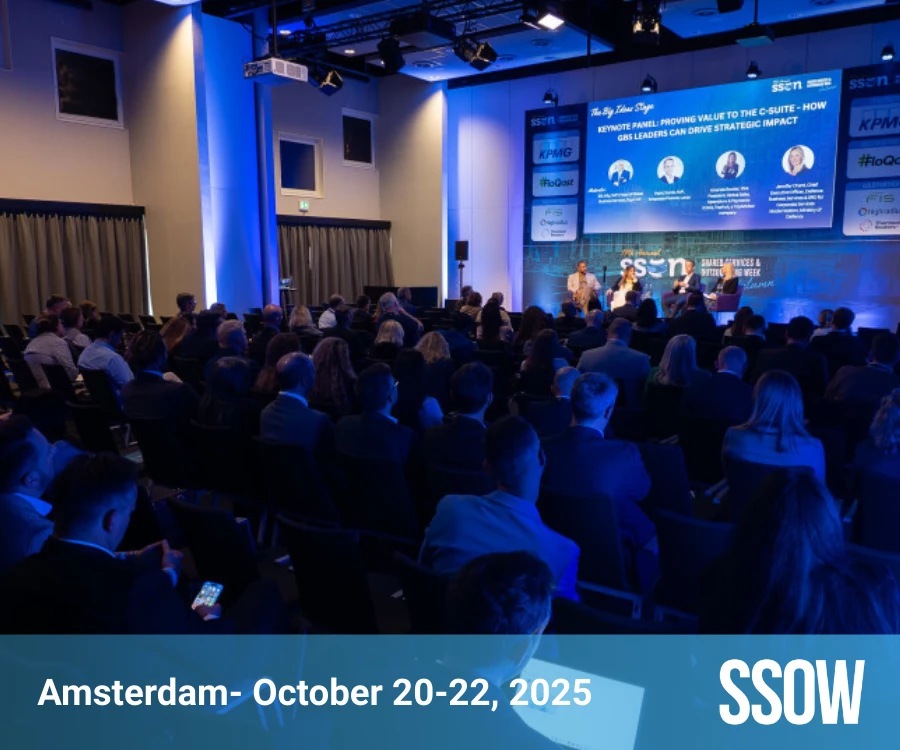SSO Week Asia Meets the ASEAN Summit in Singapore (and it's Explosive)
Asia's significance to global delivery models remains assured – but shared services are adapting to market pressures
Add bookmark
Shared Services Alchemy in Singapore
Whenever the Shared Services industry comes together there’s a kind of alchemy that happens, be it Orlando in March, Kuala Lumpur in April, Lisbon in May, Melbourne in June, Manila in August or Berlin in November.
Last week it was Singapore, for the 21st Annual Shared Services and Outsourcing Week for Asia, which drew some of the most mature GBS leaders from the region as well as those at the early end of the spectrum. And yet, despite the obvious differences in terms of where delegates found themselves along the journey, there was not only something for everyone, but there was plenty of opportunity to network, learn more about enterprise expansion plans, and forge friendships.
The conference enjoyed, for a brief few days, something of a global spotlight as the same floor of Singapore's vast Marina Bay Sands Convention Center also hosted this year’s ASEAN Summit, with political leaders from Southeast Asian Nations plus other notables (President Putin and Vice President Pence). Our delegates regularly found themselves making way for a colonnade of darkly-dressed Secret Service men and women who hustled the region’s political leaders to and fro.
The palpable impact of Asia was felt not just politically, however. Asia-based shared services operations’ influence on global delivery was highlighted again and again. Tesco runs a GBS in Bengaluru. Standard Chartered has centers in India, Malaysia and China. Lufthansa in Bangkok. Lilly in Kuala Lumpur and Dalian.
All of these operations are managed by inspiring leaders, who, like their counterparts across America and Europe, are concerned with figuring out the right people-process-technology formula that keeps pushing the envelope towards better service performance as well as experience and support.
A couple of trends are clearly guiding the market. For SSOs like Tesco’s, set up 14 years ago in India, the challenge is to move into the next generation of business services in what Sumit Mitra, CEO, Tesco Global Business Services, described as a “VUCA” world: Volatile; Uncertain; Complex; and Ambiguous. Succeeding and sustaining Tesco’s GBS advantage will depend on differentiation, leadership and getting the best out of the future workforce, Sumit explained.
"Differentiation," in fact, is emerging as one of the key trends today. At Tesco, it’s about recruiting for the right "tone" – one that puts the customer first and taps into disruptive leaders who are not afraid to shake things up by promoting data-driven, prescriptive analytics.
“We want to drive the digital revolution,” Sumit says, “not fall victim to it.”
The vision at Tesco’s GBS has extended so far as to help design stores. The business intelligence, data analytics, and customer understanding that the GBS team has built up means it is perfectly suited and informed to make these kinds of front-office, customer-facing, critical decisions.
The challenge for leaders like Sumit is how to maintain business continuity in Asian centers, once the initial value proposition has taken hold. It’s a question everyone is grappling with in the face of year-on-year cost reductions achieved, and customer demands shifting to value-adding work beyond cost.
Today, that means helping businesses succeed in what they are doing – whether by integrating acquisitions successfully, promoting a brand’s inherent value, or pushing into growth markets. That is something that Rodney Bergman, who leads Celestica’s GBS operations (spread across eight geographies including Malaysia and China), is acutely aware of.
As Celestica focuses on its high growth segments, the current SSO model is being revamped to support these areas where flexibility is more of a requirement than in the traditional core business.
“We’re seeing a ‘thickening’ of activity even at our factory level,” he explained, “where new products are introduced and value-add work is created. It’s a third tier of service delivery which provides the customer-centric service these operations need in order to grow successfully.”
With GBS maturing, automation taking on more work, and shared services becoming ‘business as usual’, the strategy underpinning global service delivery is under flux, that much is agreed. Many of our presenters expect the GBS of the future to consist of “fewer people, but more senior people” – and analytics driving much more of the service value.
YouIn other words, “moving from order takers to naturally providing value and aligning with business needs,” as Rodney put it.
It’s a sentiment reinforced by Sudhir Dasamantharao, Chief Transformation Officer at Boston Scientific and Director of its GBS APAC team, who reminded delegates that GBS owns a lot of data, and that this capability can be developed both for distant workflows, as well as to act as a “nerve center" for the organization. Encouraging a culture of innovation will be important to push shared services into the analytics space in a way that is both sustainable and valuable, he said.
It's also a strategy that will move GBS from cost center towards driving topline growth, an important consideration given that the value generated by GBS will increasingly be measured by its impact on revenue-generating activity.
Sudhir has set his vision on a future version of GBS that leverages digitalization – specifically the Internet of Things and technology advancements – to reflect the changes in real-world dynamics at the corporate level. At Boston Scientific, his focus is shifting from GBS to Global Capability Center. These capabilities are based on entirely new concepts like cognitive solutions, analytics, etc., which will lead to the kind of predictive, prescriptive, descriptive and forensic analytics that cannot even be imagined today, he said.
Beyond that, Sudhir's vision extends to a Global Intelligent Enterprise based on artificial intelligence that is far from the people-based Shared Services model we all know today. “It's the collaboration of people with bots that will transform enterprise operations,” he said.
Automation will effectively be the key that unlocks more value.
One interesting sign of the industry's maturity is the fact that RPA is no longer causing the anxiety it unleashed four years ago. On the contrary, many of today's shared services leaders across the region see robotic automation as a retention strategy and its presence an indication of operating at the “forefront of industry disruption”.
There's a lot of great talent across Asia just waiting to be unleashed through strong leadership. Many of the past generational paradigms that held people back simply don't exist anymore. With an incredibly strong work ethic – Tesco’s Sumit Mitra said his team is willing to work late nights if that's what is needed, and is incredibly good in crisis management mode – the one challenge to overcome is the authoritarian culture that still pervades across the region, where "telling" rather than allowing staff to "initiate," is holding back a model whose very success depends on unleashing “people empowerment.”
The digital workforce will force managers’ hands, to some extent. Those who find themselves responsible for a human and robotic workforce combined will simply have to adjust to the dynamic ecosystem. Or risk failure.
With two full days and site tours, too, there was no shortage of opportunities to pick a stream, a workshop, or a discussion roundtable to join. One concept definitely worth taking another look at in the year ahead is outsourcing. More specifically: How outsourcing can form part of a smart service delivery strategy, 30 years post its beginning.
What many practitioners are asking themselves these days, is whether outsourcing is even still relevant in the age of process automation. One of the interactive roundtable discussions was devoted to figuring out what customers expect, and what BPO providers are able to deliver, in a digitalized environment. The discussion was based on a report just released by the Shared Services and Outsourcing Network, specifically for the APAC and ANZ market, called BPO in the 2020s: How Leaders Will be Positioned. It outlines customers’ expectations and Business Process Outsourcing providers’ limitations as both parties adjust to an automation-driven ecosystem, and new technology stands the traditional BPO proposition (cheaper FTEs) on its head.
Delegates clearly voiced their agreement with the findings that BPOs are not offering the technical leadership and customer-centricity expected of them; and that more transparency is needed over end-to-end process performance.
Download the report:
BPO in the 2020s: How Leaders Will be Positioned – to find out which actions BPOs are taking to maintain a competitive edge and partner more effectively with their customers in the age of automation. Just released and available to you now! Get the report HERE
This constant demand for innovation and transparency was reflected in most tracks across the event. Conference co-Chair, AJ Wijesinghe, Chief Global Business Services Officer at JLL, reinforced the fact that disruption is a given today, and it behooves all service delivery leaders to find out who the key disruptors are.
"Those are the companies that we can learn from," he said.
The key is to keep track of those innovative organizations that are automating everything they possibly can to gain ideas for optimizing your own operations. What becomes evident, in this line of thinking, is that you need to account for upstream as well as downstream activities, in other words those normally beyond your reach.
It’s this kind of thinking drove AJ to look for the best OCR tool he could find – and not accept the 50% first pass yield that generally characterizes the market. His search led him to a tool that has machine learning built in and which pushes the first pass yield to 70 or even 80%.
And that, perhaps, best summarizes what came out of 2018’s Shared Services Week Asia: Don't settle. Keep learning. And expect disruption.











